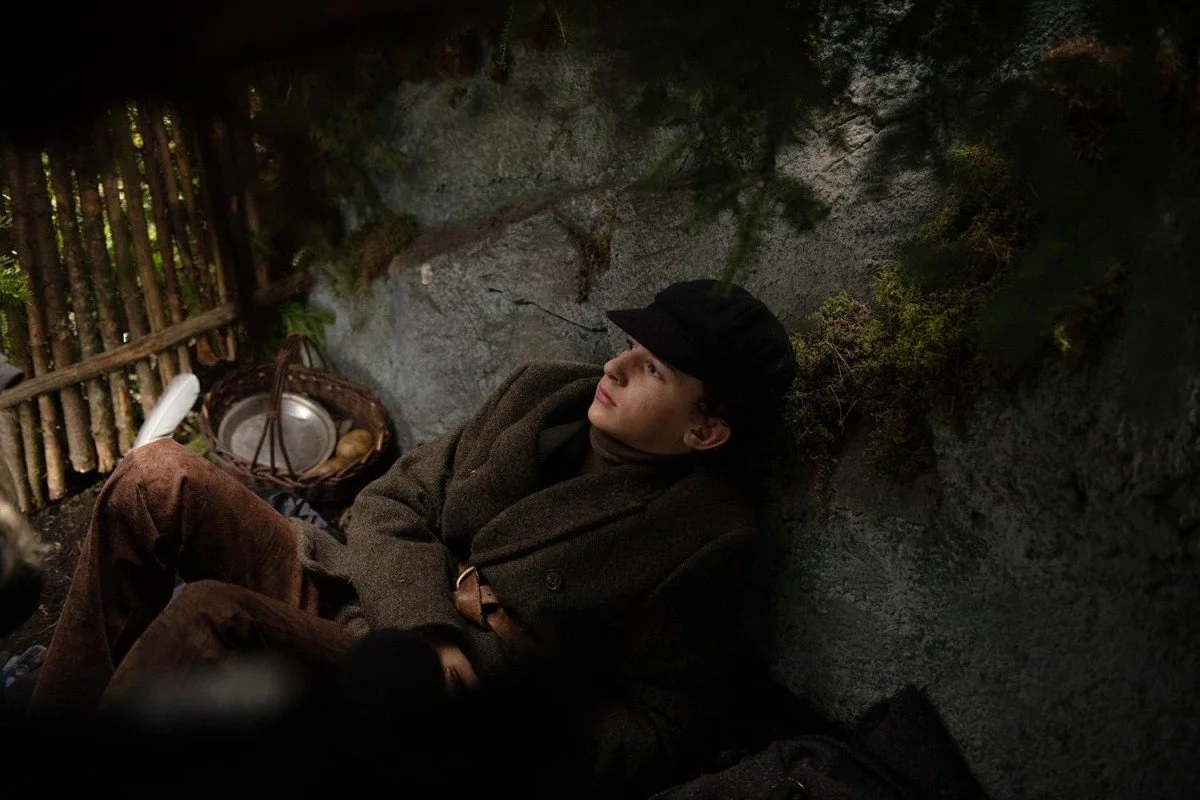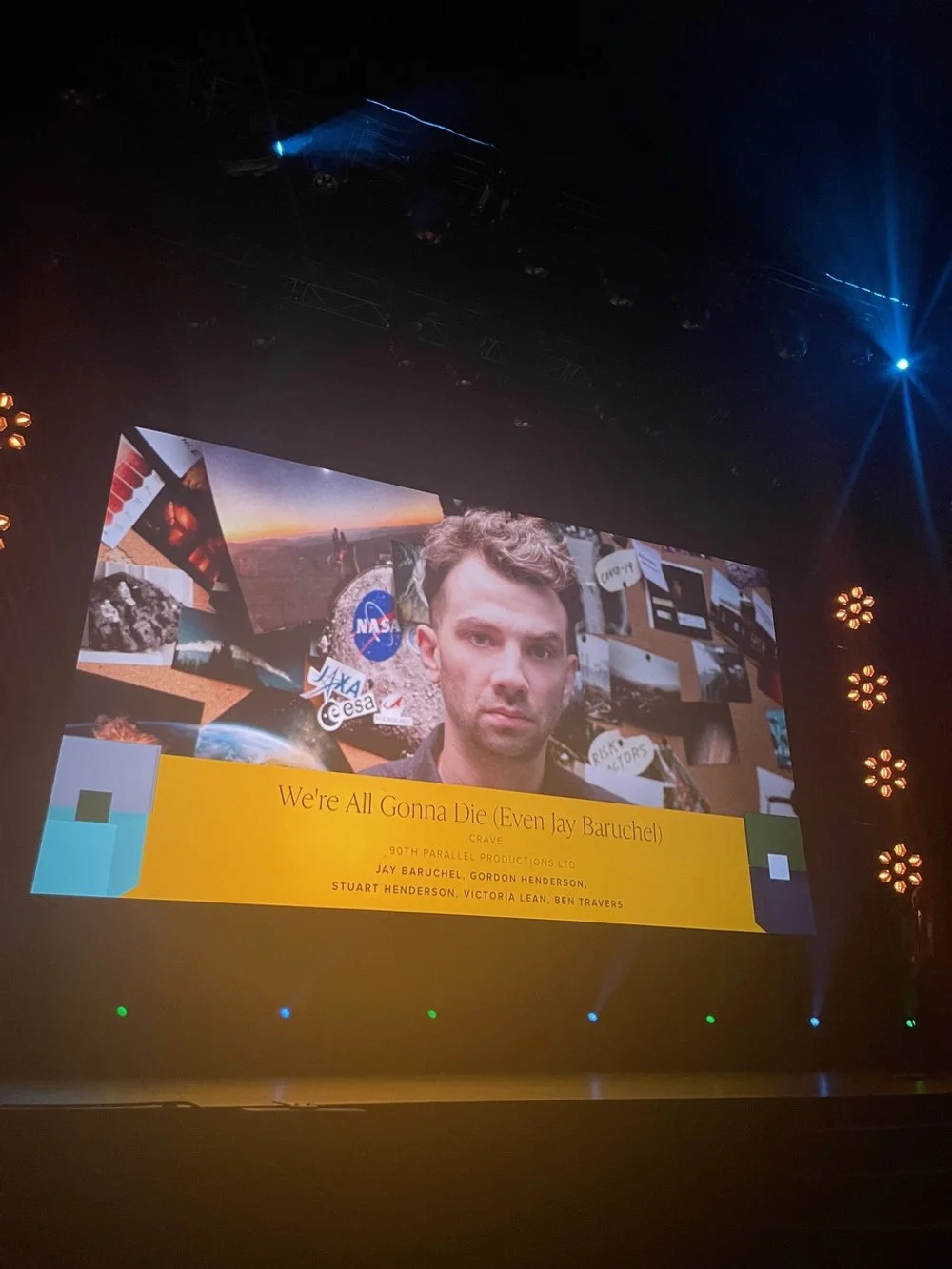In my final week Bootcamp Producer course with the DOC Institute, Toronto, I had the privilege to hear the story of Noah Bingham's extraordinary journey.
Noah Bingham is the producer of The Secret Trial 5, a documentary that had its festival premiere at Hot Docs 2014 and a theatre premiere the following year.
A quick snippet of the synopsis from the website:
"Imagine spending years in prison without being charged with a crime or knowing exactly what you're accused of. A film about the human impact of the “War on Terror,” The Secret Trial 5 is a sobering examination of the Canadian government’s use of security certificates, a Kafkaesque tool that allows for indefinite detention without charges, based on evidence not revealed to the accused or their lawyers ... Through the experience of the detainees and their families, the film raises poignant questions about the balance between security and liberty."
The journey started in 2009. Noah's school friend Amar Wala, director & producer, had just finished creating a short film about one of the families described above. The film was called The Good Son.
Both were so excited by the intense story and were interested in developing the idea into a feature length doc. The project began with a "lean production" and an "out-of-their-pocket funding" model.
Both wanted to pitch to a broadcaster to source traditional funding for their feature. They were rejected and never back. Not willing to give up, they sourced other methods to raise money. This propelled them to create a kickstarter / crowdfunding campaign. The first campaign, largely supported by friends and family, raised enough for them to continue production and pay for the website and promo video. Noah Bingham showed us the video on their first crowd funding campaign and I was immediately pulled into the story and awed by the creativity and way the story was told.
Production continued. Two years later, Noah and Amar launched another crowdfunding campaign. After building a community of followers and interested activists, this campaign grew to be very successful and they were able to pitch their idea at Hot Docs with the Cuban Hat. While not winning the final votes, they won over the industry and created enthusiasm.
This led to contacts which led to money being invested into their film. They got an office space, editing suite and continue the film into post.
Still no broadcaster and no solid investor that would have otherwise made their lives a lot easier. However, Noah did remark how grateful he was to have been allowed to see the full process from start to finish due to budget constraints, because everyone was wearing multiple hats.
Three years into production, Arts Council Toronto came in and offered funding. Noah and the team headed to DOC Ignite (2013) and reached their goal, receiving more funding and reaching new audiences.
With a film in post and needing monetary support, Noah approached Telefilm Micro Budget. They were able to apply because
- Amar had only been out of school for three years, and
- they planned on carrying out a hybrid distribution strategy:
- both in theatres and digitally online.
With the film done, The Secret Trial 5 became a Hot Docs 2014 Festival Selection and sold out all three nights. They successfully completed a deal with Blue Ice Docs, a distributor. The film was a greater hit in the festival than it was in theatres at the Bloor Cinema. There are no monetary assets given to the filmmakers at the Bloor.
Noah wanted to create an even greater buz and expand their thriving online community further. They launched a third successful crowdfunding campaign. This gave Noah and Amar enough to travel around the country touring their movie.
You can check out their movie online here, for one small payment of $9.00.
This story proved to me that through hard work, commitment, and dedication, you really can bring your ideas to life with support and creativity.
Congratulations Noah, Amar, and the rest of the team! This is one story I will never forget and look forward to diving head first into your film.
Click HERE to purchase the film online.
- Jenn





